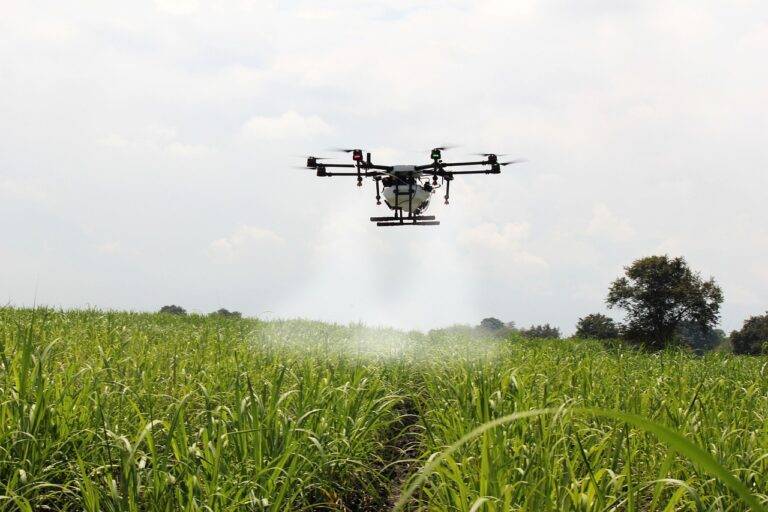The Rise of Plant-Based Tech: Sustainable Food Alternatives
The rise of plant-based technology in the food industry is sparking a sustainable food revolution. As consumers become more conscious of the environmental impact of their dietary choices, there is a growing demand for innovative plant-based alternatives that mimic the taste and texture of traditional animal products. This shift towards plant-based options not only benefits our health but also plays a crucial role in reducing carbon emissions and alleviating pressure on our planet’s resources.
Advancements in plant-based food production have led to a wide range of delicious and nutritious alternatives that cater to various dietary preferences. From plant-based burgers and dairy-free milk to meat substitutes made from proteins like soy, pea, and lentils, the options are endless. By harnessing the power of plant-based technology, the food industry is paving the way for a more sustainable and environmentally friendly approach to meeting the global demand for food.
The Environmental Impact of Plant-Based Alternatives
As plant-based alternatives continue to gain popularity, many are turning to these options in hopes of reducing their environmental footprint. The production of plant-based foods often requires less water, land, and energy compared to animal agriculture, making them a more sustainable choice for the planet. Additionally, the greenhouse gas emissions associated with plant-based diets are significantly lower, contributing to a healthier environment overall.
Furthermore, the cultivation of plants for food is generally less resource-intensive and can help alleviate issues such as deforestation and water pollution. By shifting towards a plant-based diet, individuals can play a significant role in addressing environmental challenges and promoting a more sustainable food system. It is evident that plant-based alternatives offer a promising solution to mitigate environmental impact and pave the way for a more sustainable future.
Innovations in Plant-Based Food Production
As consumer demand for plant-based food options continues to rise, the food industry is constantly seeking innovative solutions to meet this growing trend. One key development in plant-based food production is the use of advanced technology to replicate the taste and texture of animal-based products. Through intricate processes such as extrusion and fermentation, plant-based ingredients are transformed into products that closely resemble traditional meat and dairy items.
Another significant innovation in plant-based food production is the use of novel ingredients and techniques to enhance nutritional value and flavor profiles. By incorporating a variety of vegetables, fruits, grains, and legumes, food manufacturers are able to create diverse plant-based offerings that cater to different dietary preferences and needs. Additionally, advancements in flavor extraction methods and seasoning blends have allowed for the creation of plant-based products that are not only delicious but also highly nutritious.
What are some examples of plant-based technologies being used in food production?
Some examples of plant-based technologies include plant-based meat substitutes, plant-based milk alternatives, and plant-based protein powders.
How do plant-based alternatives impact the environment?
Plant-based alternatives have a lower environmental footprint compared to animal-based products. They require less water, land, and energy to produce, and produce fewer greenhouse gas emissions.
What are some recent innovations in plant-based food production?
Some recent innovations in plant-based food production include the use of fermentation to create plant-based proteins, the development of plant-based seafood alternatives, and the use of artificial intelligence to improve plant-based product development.





